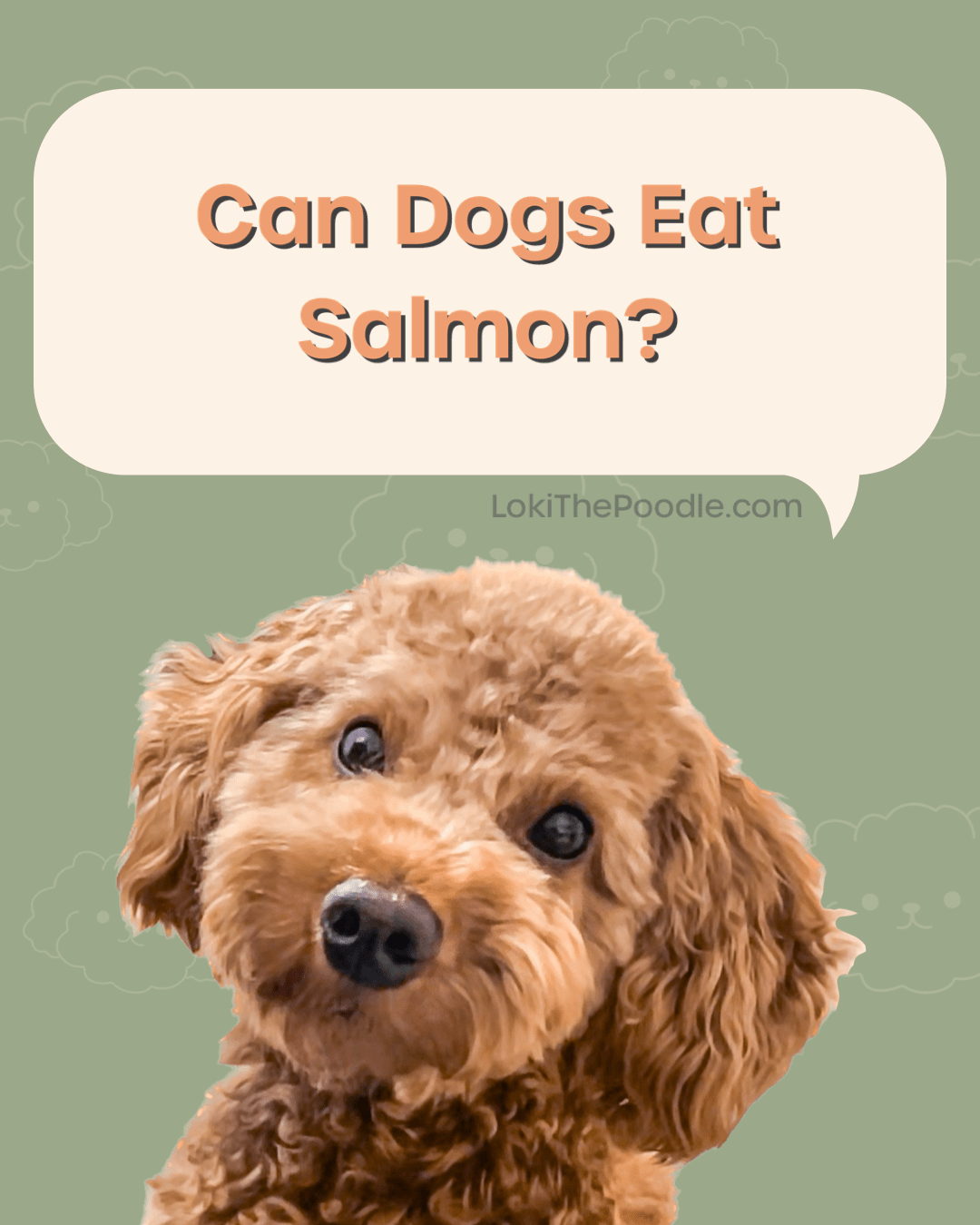Can Dogs Eat Salmon?

I’ll help create a blog post about salmon for dogs, following the provided structure and incorporating relevant information from the sample post while maintaining a clear, informative style.
Can Dogs Eat Salmon?
Yes, dogs can safely eat salmon when properly prepared. This nutrient-rich fish offers several important health benefits for your canine companion. Salmon is packed with omega-3 fatty acids that support your dog’s immune system and promote a healthy, shiny coat. It’s also an excellent source of high-quality protein, making it particularly valuable for dogs who may have allergies to more common protein sources like chicken.
How to Prepare Salmon for Your Dog
Always follow these essential preparation guidelines:
- Cook thoroughly – Never serve raw or undercooked salmon
- Remove all bones carefully before cooking
- Choose fresh, boneless fillets for the safest option
- Avoid seasonings – no oil, salt, pepper, garlic, or onions
Recommended cooking methods include:
- Poaching
- Grilling
- Roasting
- Steaming
- Baking
Warning: Never Feed Raw Salmon
Raw or undercooked salmon poses serious risks:
- Neorickettsia helminthoeca parasite can cause salmon poisoning
- Symptoms appear within 6 days and include:
- Vomiting
- High fever
- Diarrhea
- Lethargy
- Salmon poisoning can be fatal if untreated
Additional Warnings:
- Avoid smoked salmon due to high salt content
- Never feed raw salmon with bones that can cause choking or internal damage
- Skip seasonings that could be harmful to dogs
Portion Guidelines
Feed salmon in moderation:
- Once per week is appropriate for most dogs
- Start with small amounts to test for allergies
- Monitor your dog for any adverse reactions

Good to know:
Unlike some other fish, salmon doesn’t contain thiaminase, an enzyme that can lead to vitamin B1 deficiency in dogs. This makes salmon a particularly safe fish option for your canine companion when properly prepared.
Special Considerations
- Always introduce salmon gradually to watch for allergic reactions
- Consult your veterinarian before adding salmon to your dog’s diet, especially if they have existing health conditions
- Consider salmon as a supplement to, not a replacement for, their regular diet







